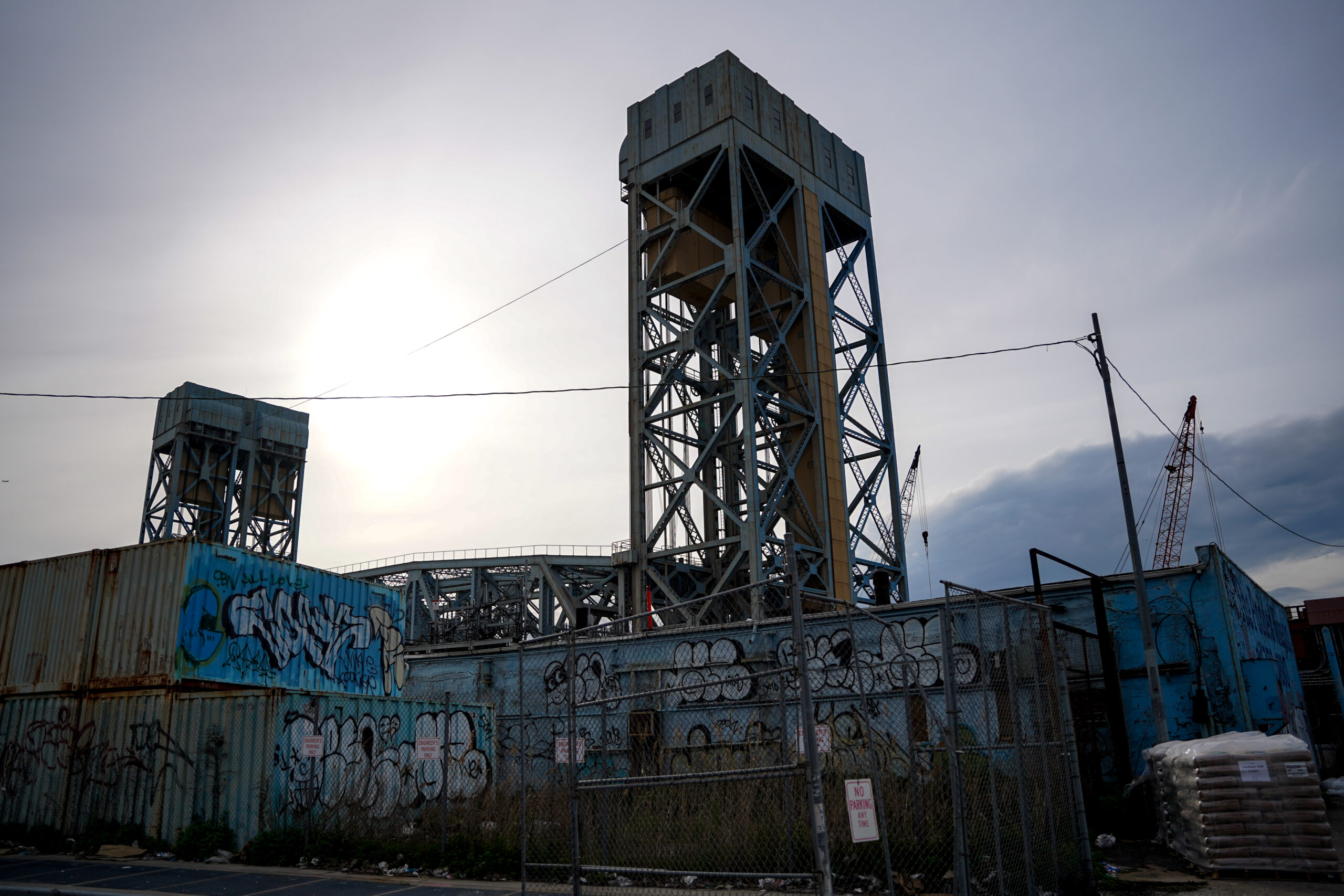Among the decisions New York City residents will make on Election Day is whether to approve a ballot initiative that would allocate $4.2 billion towards environmental projects across the state – including at least $1.4 billion for projects in disadvantaged communities like the South Bronx.
Known formally as the Clean Water, Clean Air, and Green Jobs Environmental Bond Act, the measure would authorize spending broken down into four main buckets of projects:
- $1.5 billion for climate change mitigation.
- $1.1 billion for environmental restoration and flood reduction.
- $650 million for water quality improvement and resilient infrastructure.
- $650 million for open land space conservation and recreation.
Another $300 million has not been earmarked for any purpose. At least 35% of all funding from the bond act must go towards disadvantaged communities, such as the South Bronx.
If the bond act is passed – which is expected given massive statewide support – state agencies would solicit grant applications from local governments and nonprofits, according to Julie Tighe, president of the New York League of Conservation Voters, a statewide environmental advocacy organization in support of the bond act.
Most money is expected to go to local governments, Tighe said, although nonprofits could apply for money for resiliency projects, such as funding for a community garden or upgrading a hiking trail.
Applications could open as early as the start of 2023, but the money will be allocated over a few years and it will take time for contracts to be finalized and construction to start.
The most significant proposals that could benefit the South Bronx include a waterfront resiliency project and efforts to curb pollution, according to Victor Davila, a community organizer with The Point Community Development Corp., and Leslie Vasquez, the clean air project coordinator for South Bronx Unite, two South Bronx-based advocacy groups.
“There needs to be waterfront resiliency happening. There needs to be a reinforcement of our shorelines,” Davila said. Noting the recent 10 year anniversary of Hurricane Sandy hitting New York, he added, “If Hunts Point got hit much more directly than it did with Sandy – and it was hit pretty bad by Sandy – the city is done. We are the city’s digestive system.”
He was referring to the presence of the Hunts Point Produce Market and various waste management facilities on the local waterfront that serve as vital pieces of infrastructure for the entire city.
Yet, the location of these critical facilities in the South Bronx has led to adverse health effects for its residents. The confluence of major highways and the heavy traffic in and out of the food market and waste management facilities has created high amounts of emissions that result in high asthma rates.
According to a New York City Health Department study, asthma-related emergency department visits for children from 5 to 17 years of age were most prevalent in Hunts Point and Mott Haven.
Electrifying vehicles, particularly heavy-duty trucks coming in and out of the Bronx, could lead to cleaner air in the area, Vasquez said. She also advocated that funds be used to construct a waterfront that could serve as a recreational area and respite from the heat for residents.
“Having cleaner air, having proper infrastructure in place to mitigate environmental issues and hazards will allow us to improve our air quality, our water quality, and our mental health,” she said.
Up to 84,000 green jobs are expected to be generated across the state through projects funded by the bond act, many of which will be construction-based and well-paid, according to Tighe.
Whatever funds are allocated to the South Bronx if the bond act passes will still not be enough to address its enormous environmental challenges, Davila said. But he noted, “It is a first step to setting the score to zero because the Bronx is owed debt the city and the state can never repay from years of disinvestment.”
On that basis, Davila urged all New Yorkers to vote “yes” on the bond act. ‘It is money not going towards fossil fuels,” he said. “It is money not being wasted. It is money to help secure a stable and survivable future in a world and climate that is going up in temperature, not just in terms of our actual atmosphere and weather condition, but in terms of the political state of the world.”
The environmental bond act, along with the other three New York City initiatives, will be listed on the back of the ballot. The text of the environmental bond act can be viewed online here.

